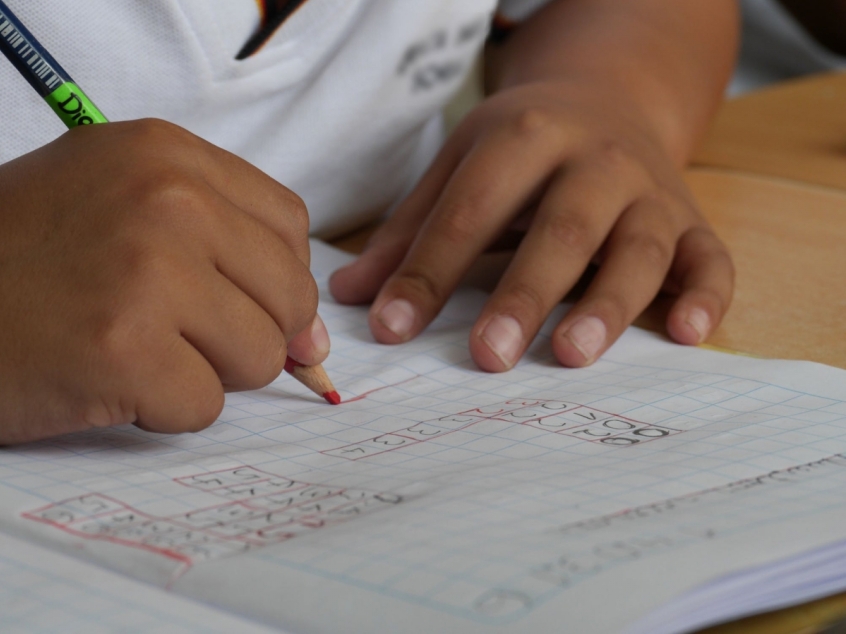
Ofsted Chief Inspector Amanda Spielman has said it would be a "huge step backwards" if schools become reluctant to teach relationships lessons because of opposition from parents of faith.
Following protests in Birmingham, she said more dialogue was needed to find "sensible solutions" to differences over religious belief and the place of relationships education in schools.
"The Equality Act is designed to enforce a number of different rights, and of course there are places where these different rights can bump into each other. We need to acknowledge and discuss this a bit more," she said in a speech to the National Association of Head Teachers annual conference.
"One clear tension exists in places where equality between the sexes comes second to religious belief and cultural preferences.
"Another tension arises between religious belief and relationship education, in the context of LGBT issues.
"And that is all we are talking about here – not sex education, but a simple understanding that just as families worship differently, families also love and marry differently."
Earlier this year, hundreds of Muslim and Christian parents staged protests outside Parkfield Community School and withdrew their children from classes over its 'No Outsiders' programme, a teaching curriculum on the Equalities Act that covers LGBT relationships.
READ MORE: Schools must teach children about same-sex couples regardless of faith background, says Ofsted chief
It was created by Parkfield's assistant head teacher Andrew Moffat but was suspended at the school, where the majority of students are Muslim, following weeks of protests outside the school gates.
Mr Moffat said at the time that he had received a death threat while Hazel Pulley, CEO of Excelsior Multi Academy Trust, which runs Parkfield, said staff had fallen ill due to stress brought on by the protests.
Addressing the NAHT conference on Saturday, Mrs Spielman said it was "unacceptable to intimidate schools and teachers who are trying to do what is asked of them under the law".
"It would be a huge step backwards if schools became reluctant to teach children about the diversity of modern Britain," she said.
She said it was "worrying" that parents were staging protests at the school gates and withdrawing children from schools.
"This is worrying on a number of fronts: the impact on community cohesion, the impact on teachers and most of all the impact on the children, in whose name - if not whose interest - the protests are made," she said.
"I continue to hope that dialogue will remove misconceptions, help people see the bigger picture, and find sensible and workable solutions."
Earlier this year, Mrs Spielman said that lessons on LGBT relationships were about "making sure [children] know just enough to know that some people prefer not to get married to somebody of the opposite sex and that sometimes there are families that have two mummies and two daddies".
READ MORE: Christian school worker dismissed after sharing concerns about sex education on Facebook
The Christian Institute has been critical of Mrs Spielman's response to the Parkfield protests.
"The idea of teaching ever more detail about sex to ever younger children is deeply worrying. Treating parents who object as homophobes is not the answer. They just want to protect their child's innocence," said director Colin Hart.
"Instead of listening to parents or allaying their concerns, the Chief Inspector of Schools seems to be casting doubts on their integrity, implying that parents' desire to protect their own children is from fear, ignorance or possibly even homophobia."
Relationships lessons will become compulsory for all primary school aged children from September 2020, despite strong opposition from critics who argue that parents should retain the right to opt their children out.
The Bishop of Durham, the Rt Rev Paul Butler, has raised concerns in the House of Lords, asking peers last week: "Why cannot parents' decision regarding what is appropriate for their children be respected?"













